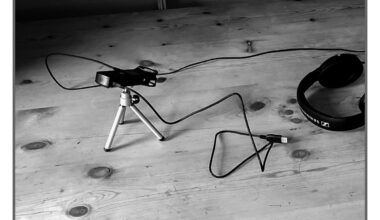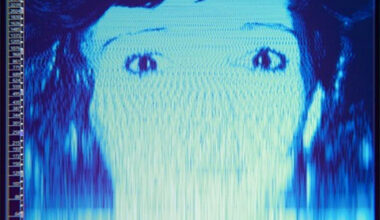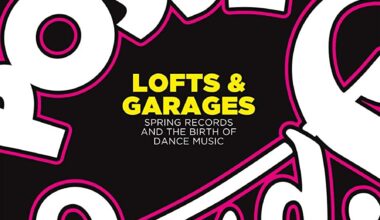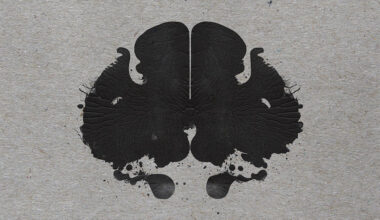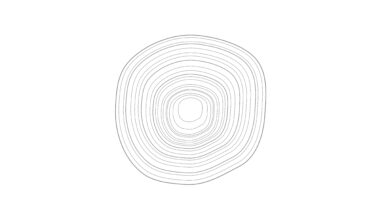Creating an album using stochastic processes? Do what? Disco dancing this ain’t
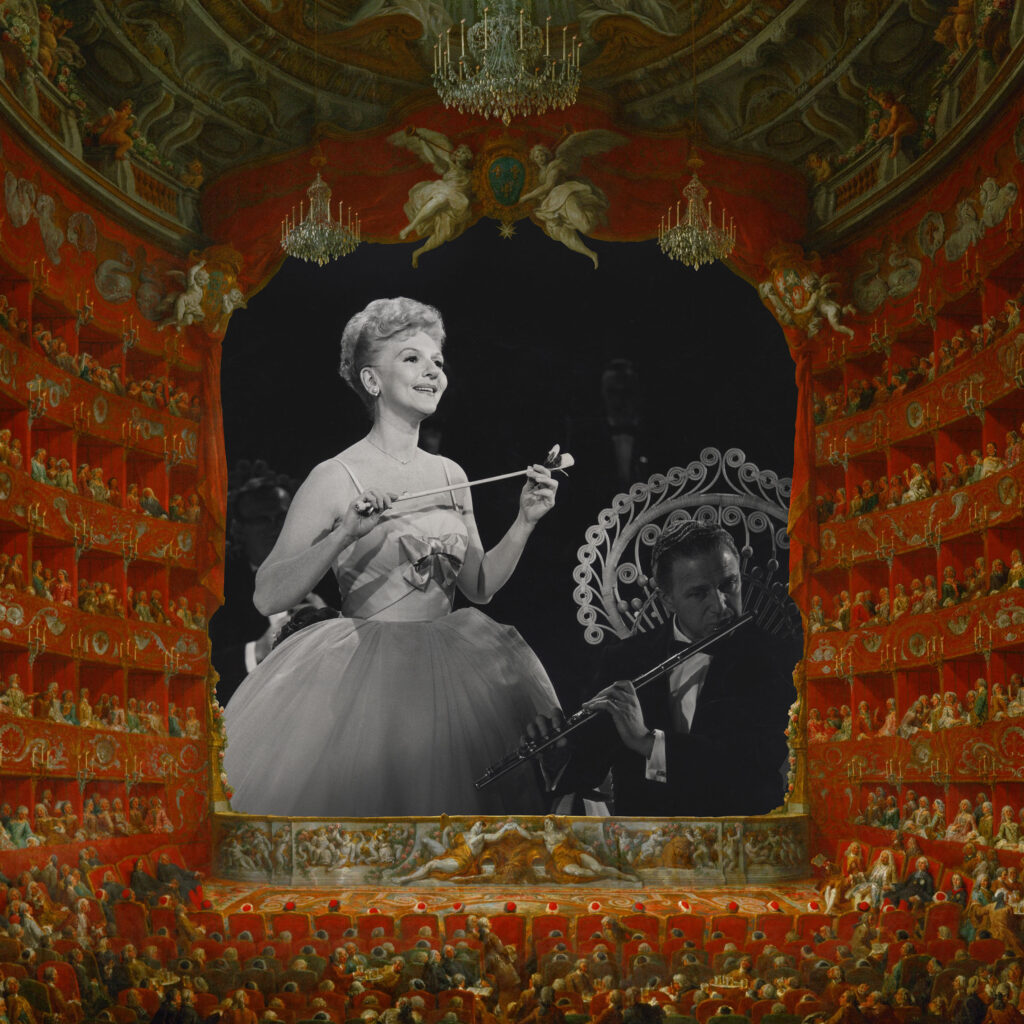
Pop music likes a bit of classical. Take Pachelbel’s ‘Canon in D Major’. The Pet Shop Boys, The Farm, Coolio, Green Day, Petula Clarke and Kylie all did. Take it, that is. A melody written in 1680-ish resonating well over 300 years later as the basis for a number of hit pop singles.
But what about electronic music? With all those synths kicking around, you’d think classical’s rich back catalogue would be a shoo-in for homage. Yet the instances don’t readily spring to mind. Maybe it’s because when our lot muck about with proper olden days, they’re much more inventive.
Cue London-based Shaun Yule, or Rubik, who has been chipping out supremely left-field electronics on his Domestic imprint since 2007. In the process, he has attracted like minds such as AxxoN N, whose debut album, last year’s ‘Heal’, did for listening to music what David Lynch did for watching telly.
Anyway, Yule has form for subverting classical music. His debut EP, 2008’s ‘Mercury’, was an attempt to update Holst’s ‘The Planets’ suite, while further EPs took on ‘Venus’, ‘Mars’ and ‘Jupiter’. For ‘Tone Poem’, his fourth long-player (and the 19th release on Domestic), Rubik gets totally random.
Picking 10 classical CDs from his collection, he plays bingo to determine which disc and track he’s going to sample, the length of the sample, and where in the piece the sample starts. Or at least that’s what we think he did. To call the result slightly off-kilter is to undersell ‘Tone Poem’ somewhat. It sounds as nuts in your ears as it does on paper.
The classical snippets are used to build up string-soaked melodic tunes over which Rubik goes about his work. You can hear the cuts jumping around, glitching as they loop, serving up snatches of melody that sound familiar, while at other times the joins are smooth as silk. The opener, ‘Come In’, is rather inviting, an orchestra tuning up and the hiss of an empty room; ‘Blackwave’, by contrast, is harsh, nasty and dark, Rachmaninov piano banging away over and over. ‘Duet’ gets the prize for the most unhinged track as it ticks and flinches all over the place, and the boy/girl vocal in question is pretty unsettling.
The more you listen, the more attention you pay to Rubik’s lyrics. Apparently, the original idea was for the words to be sourced in the same way as the music. Thankfully, he went for a more bespoke heart-on-the-sleeve approach. Late on, there’s a brace of pieces where this really reaps rewards. ‘Lacewing’ is a haunting swirl of spoken words and rhymes underpinned by repetitive deep string sweeps, breaking glass and a menacing swell. ‘Half Widow’ is almost ‘O Superman’ in vibe, the sound of market traders (“Two for a fiver!”) forms the backing track, while the distressed vocoder vocal is captivating (“I don’t feel safe, just exposed”). It’s good to discover that, rather than any lofty ideals, the whole thing is “a nightmarish Disney production telling of one man’s everyday existence in Tottenham”.
It’s one thing to have a concept like this, but a whole other to actually deliver it. And while that might sound like an indictment, it’s nothing of the kind. It is, in fact, all rather fascinating.
